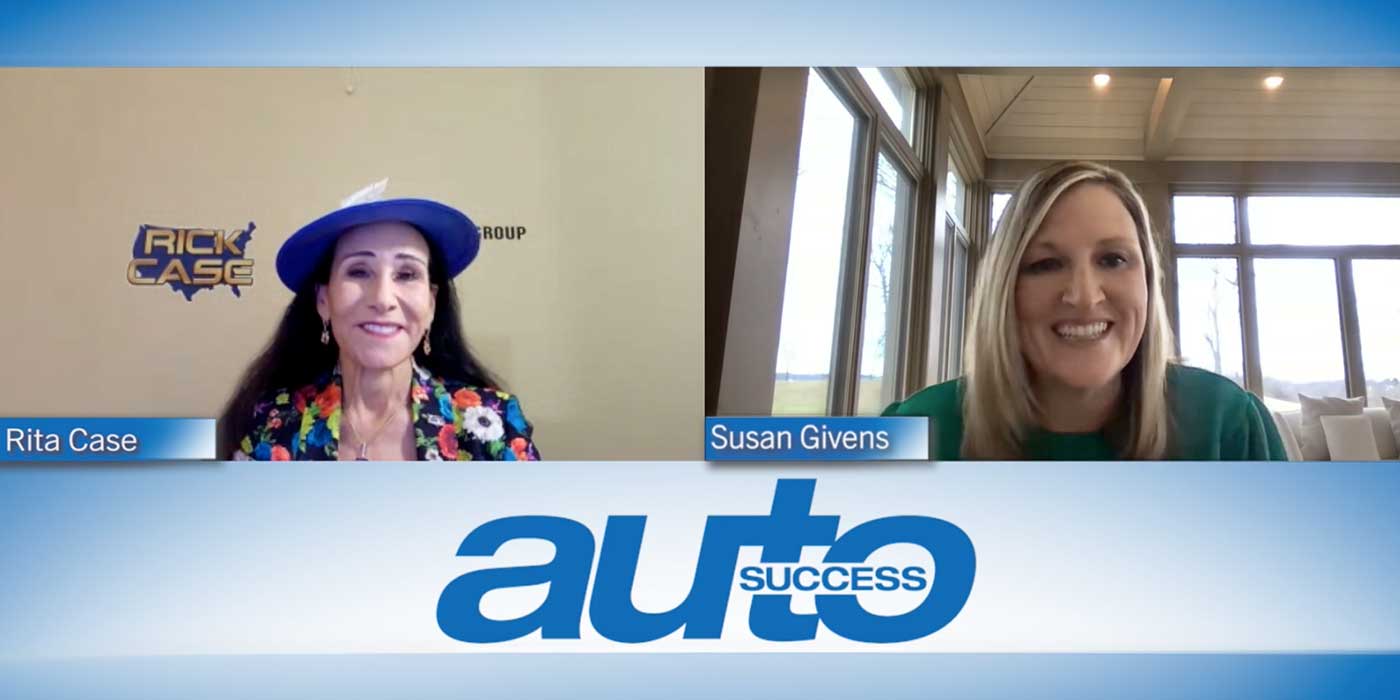Compliance pressures are increasing, yet safety recall data errors and timing issues continue to challenge dealers to know the safety recall status vehicles they are acquiring, currently have in inventory and those that they have previously sold and serviced.
Big Problem
Last year saw a record number of recalls, impacting more than 53.2 million vehicles. A total of 927 separate recalls impact almost 146,000 vehicles per day. When adding the number of unrepaired vehicles from previous years, approximately 25 percent of vehicles in operation are currently covered by one or more open recalls. Industry experts expect recalls to increase in scope and frequency, with more complex technology of connected and autonomous features being included in new models.
Both OEMs and dealerships have been challenged by regulatory consent orders to fall in line for compliance. OEMs have been tasked with implementing procedures that expedite testing and reporting of potential safety matters, locating affected and unrepaired vehicles and working with their suppliers to design and supply an effective repair solution.
Dealerships are further exposed to a growing litigious environment. As the last touchpoint prior to a sale, they are the first in line to be sued when an “open recall” vehicle is sold.
More Compliance Scrutiny
To make matters worse, there is increased state and federal scrutiny of dealerships — not only by the National Highway Traffic Safety Administration (NHTSA), but also by the Federal Trade Commission’s (FTC) clampdown on dealers due to advertising and selling CPO vehicles that have open safety recalls. State Departments of Justice and Attorneys General are also making life more difficult for dealers. In California, for instance, their Motor Vehicle Code states that dealers cannot “sell or offer for sale” any (new or used) vehicle that has a Federal Motor Vehicle Safety Standard (FMVSS) compliance safety recall. And the “Safe Rental Car Act” makes it illegal for dealerships to rent or loan vehicles with open safety recalls, depending on how many they have, with some states reducing the threshold to just one loaner.
Research by AutoAp, Inc. (a safety recall information management solution provider) shows that there are recall significant recall data errors as well as publication timing issues by and between the OEMs and NHTSA. Recalls may not be recognized by NHTSA that remain open by the brand and vice versa.
NHTSA data was shown to have a 30 percent error rate, and publication timing discrepancies between NHTSA and the OEMs make matters worse. From July 2015 through December 2016, NHTSA published recalls in their year/ make/model safety recall database affecting 15 percent of all vehicles, an average of 11 days after the OEMs electronically published their safety recalls — in many cases, two months late and in some cases much later. AutoAp found discrepancies between multiple OEMs dealer communication systems (DCS) and what they told the public. Additionally, relying on mailed notices from the OEM means you could receive them one to two months after the recall is published — on average.
Dealers Must Be Proactive
If you think you’re covered, you’re not. Vehicle history reports will often conflict with reality. The situation changes daily, the vehicle stocked in yesterday may have been included in today’s new recall posting, or in tomorrow’s. Did you buy or appraise a vehicle with an open recall? Has the recall status of your current inventory changed today? Do you know the status of your current owners’ vehicles? Are you proactively getting those vehicles back into the dealership?
The first step is awareness. Dealer principals who are concerned about their customers must comply with multiple laws and understand their risk exposure. Manually checking every VIN every day is cost prohibitive. Using just one source for VIN-checking doesn’t work due to data errors (false negatives) and publication timing errors and inconsistencies. Not having a policy, process and tools to address the situation is asking for problems. (I can hear the plaintiff ’s attorney now: “You knew or should have known about this safety recall.”)
Define Your Safety Recall Policy
Which recalls do you disclose to consumers? (Answer: All of them.) Which vehicles with recalls do you hold or avoid demonstrating? What safety recall information sources are you using? How often do you check your vehicles? (Answer: Daily.) How do you know your information is the most accurate and timely? Since recalls can be issued by NHTSA or the OEMs at any time, you are not covered by a “weekly program.”
Besides having a safety recall policy, a critical factor in dealers’ success is having someone who is responsible for safety recall information management — A “Safety Recall Czar.” This person must own the policy, ensure proper audit and verification procedures are in place and have overall enforcement authority for compliance in the dealership. This person can be a senior executive or report to one, much like a compliance officer, to track recall issues.
This is an issue that extends beyond just the fixed operations manager’s duties. Recalls impact all departments in the dealership. For instance, when vehicles are prohibited from being offered for sale, it is critical that sales and inventory managers are aware of the inventory’s recall status. Is the F&I office completing and delivering consumer disclosures with the final deal paperwork? Inventory managers and vehicle appraisers also need to be aware of vehicles that may have recalls with a “waiting for remedy” status, as you may want to adjust your bids or avoid the vehicles altogether.
Lastly, for off-brand used vehicles, I recommend that you develop relationships with dealers of other brands near you to handle those recalls; you can reciprocate by doing the same for your marques. If your group represents multiple brands, make sure your stores work together for maximum efficiency.
This is an issue that will not go away. The time for action is now.













